Why is the maximum range of low-speed electric vehicles only 150 kilometers?
Low-speed electric vehicles, in a broad sense, are all two-wheeled, three-wheeled, and four-wheeled electric vehicles with a speed of less than 70km/h. In a narrow sense, it refers to four-wheeled scooters for the elderly. The topic discussed in this article today is also centered around four-wheeled low-speed electric vehicles. Currently, most of the low-speed electric vehicles on the market have a pure electric range of 60-100 kilometers, and some high-end models can reach 150 kilometers, but it is difficult to exceed this value. Why not design it higher? Let the people have a wider range of travel? I just found out today!
1. Low-speed electric vehicles are mainly used for short-distance travel for the elderly
As a non-compliant vehicle, low-speed electric vehicles do not have legal road rights and can only be driven on roads in residential areas, scenic spots or villages. If they are driven on municipal roads, it is illegal to drive on the road. Therefore, there is no need to design a very high range. Generally, the elderly only travel within 10 kilometers of their residence. Therefore, a 150-kilometer range configuration is completely sufficient!
2. The structure of low-speed electric vehicles determines their range
Strictly speaking, low-speed electric vehicles are A00-class electric vehicles with a wheelbase of less than 2.5 meters, which are small and micro vehicles. The space itself is very limited. If you want to travel far, you need to install more batteries. Generally speaking, for a range of 150 kilometers, you basically need a 10-degree battery. The lead-acid battery probably needs a 72V150ah, which is very large in size. Not only does it take up a lot of space, but also due to the battery weight, it will increase the energy consumption of the vehicle!
3. Vehicle costs are too high
This is the core issue. Currently, the best-selling four-wheel electric vehicles on the market are those priced at around 10,000 yuan for elderly people to travel. The installation price of lithium batteries is very expensive. The cost of a 1kwh ordinary ternary lithium battery is about 1,000 yuan. A low-speed electric vehicle with a range of 150 kilometers requires about 10 degrees of electricity, which requires a lithium battery pack of about 10,000 yuan. This greatly increases the production cost of the vehicle.
The advantages of low-speed electric vehicles are that they are cheap, good quality, and do not require a driver’s license. However, as the cost of electric vehicles has risen, the price will inevitably be affected. Generally speaking, the price of a low-speed electric vehicle with a range of 150 kilometers is 25,000 to 30,000 yuan, which is in direct competition with Wuling Hongguang miniEV, Chery Ice Cream and other micro new energy vehicles. In addition, many prospective car owners, considering the risks of low-speed electric vehicles on the road, would rather get a driver’s license and buy a compliant new energy vehicle than spend around 30,000 yuan to buy a low-speed electric vehicle.
4. Low-speed electric vehicles can also improve their range by setting a range extender
The way to improve the range of low-speed electric vehicles is not to increase the battery capacity, but to increase the range by installing a range extender and using fuel to generate electricity. Currently, the more expensive low-speed electric vehicles on the market have such a configuration. Through the combination of oil and electricity, the range can reach 150 kilometers, which costs much less than increasing the number of batteries!
Summarize:
As a popular means of transportation for ordinary people, low-speed electric vehicles are positioned for short- and medium-distance travel. In addition, their low price and good quality at a low price determine that their performance and endurance are limited. What do you think about this? Welcome to leave a message!



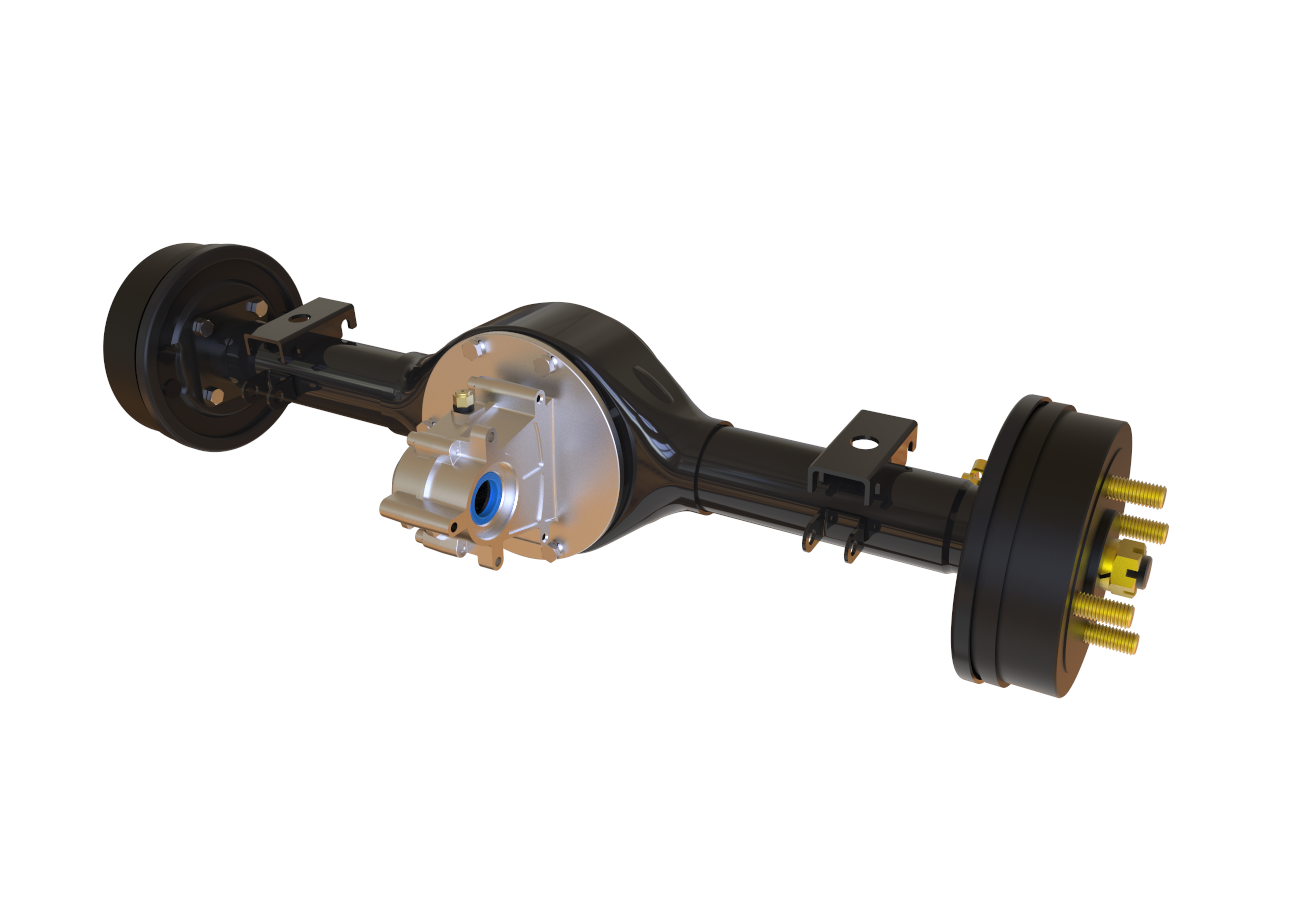
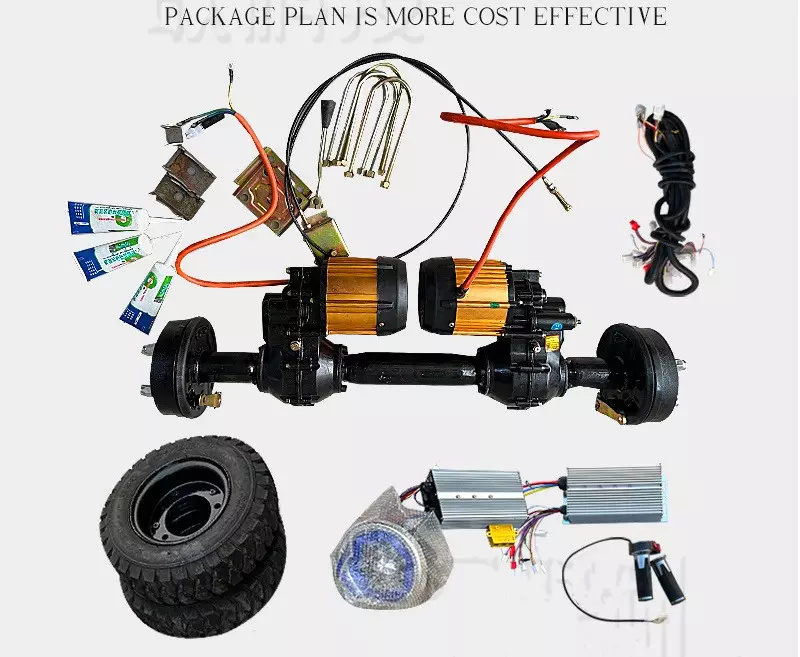

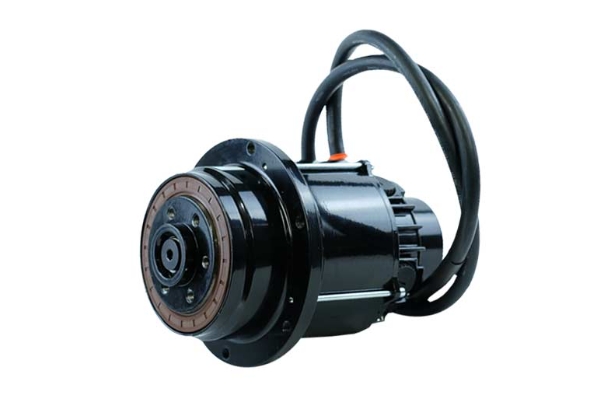
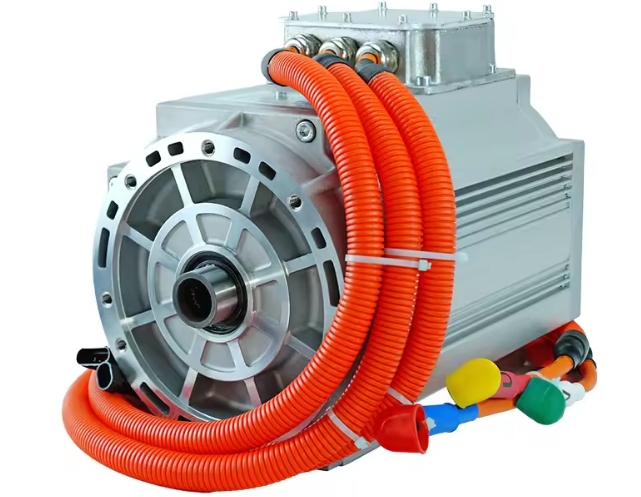
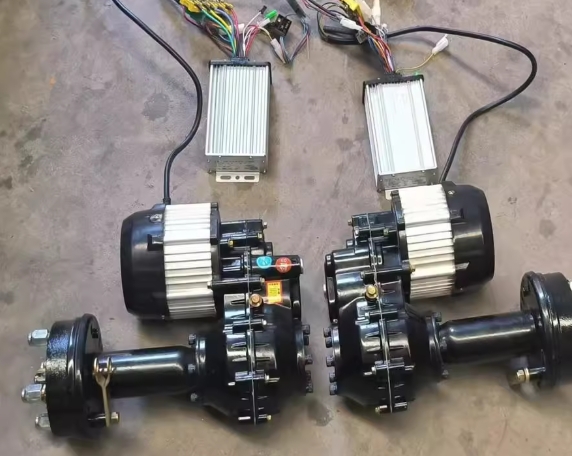
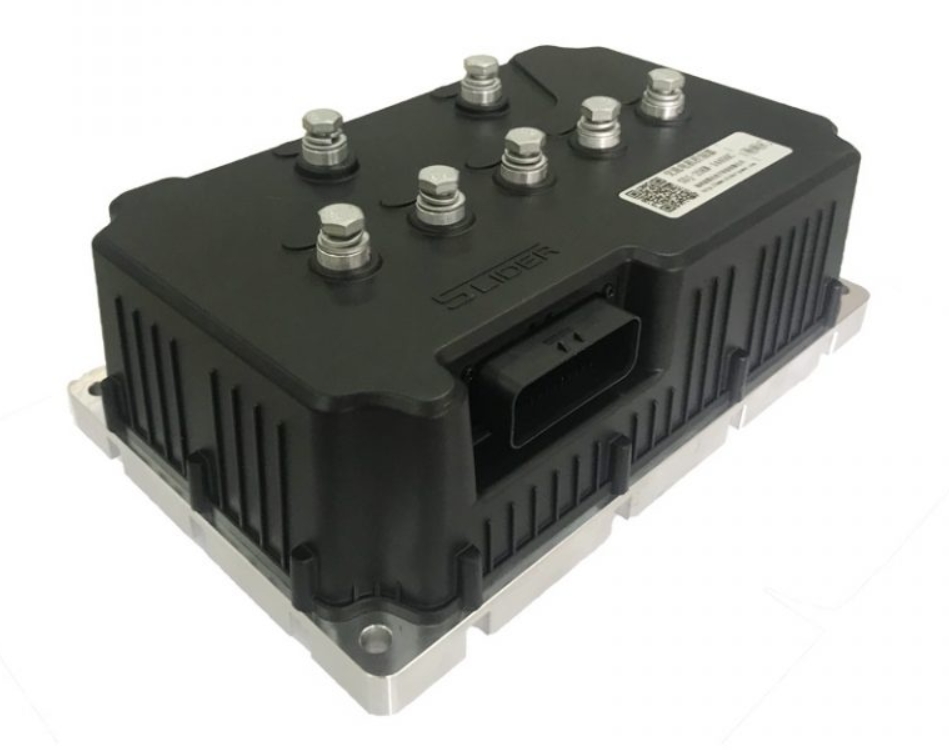

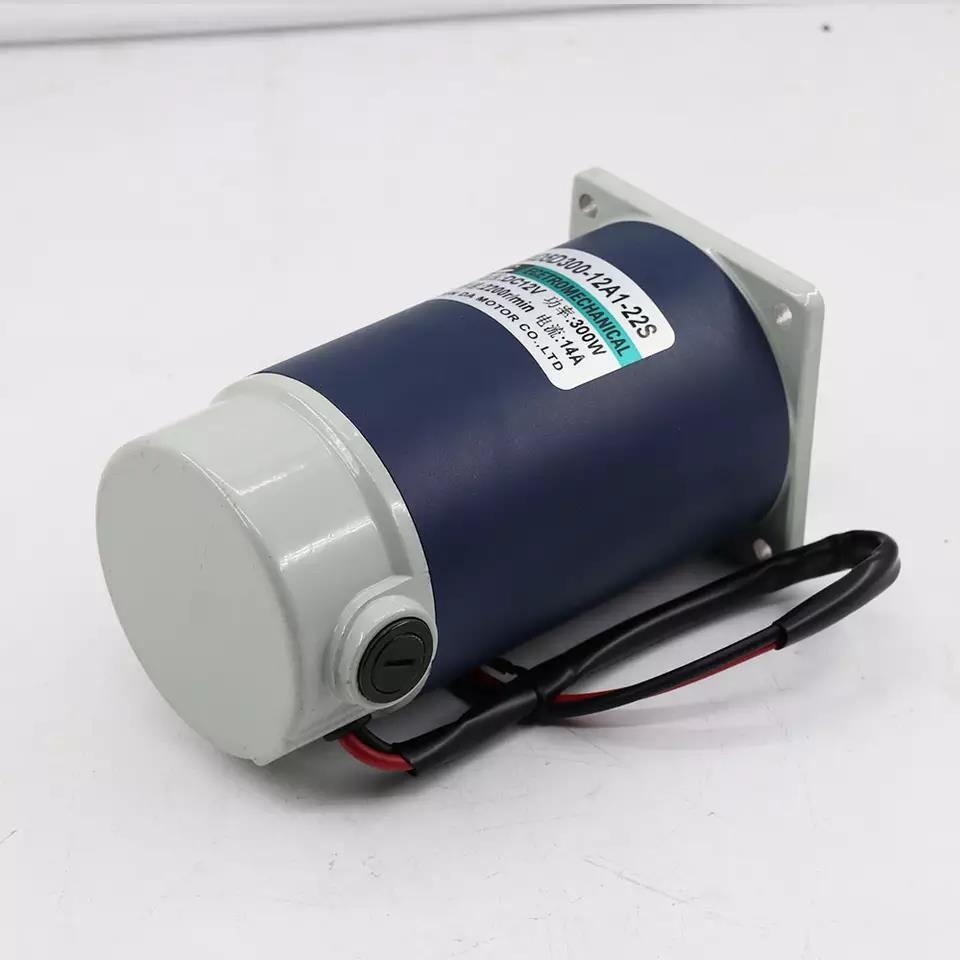
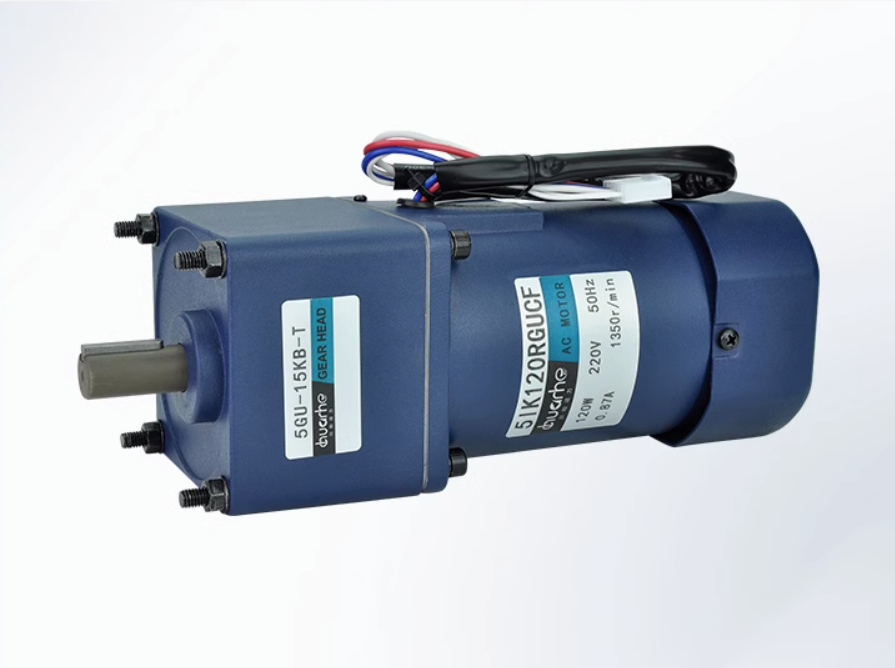
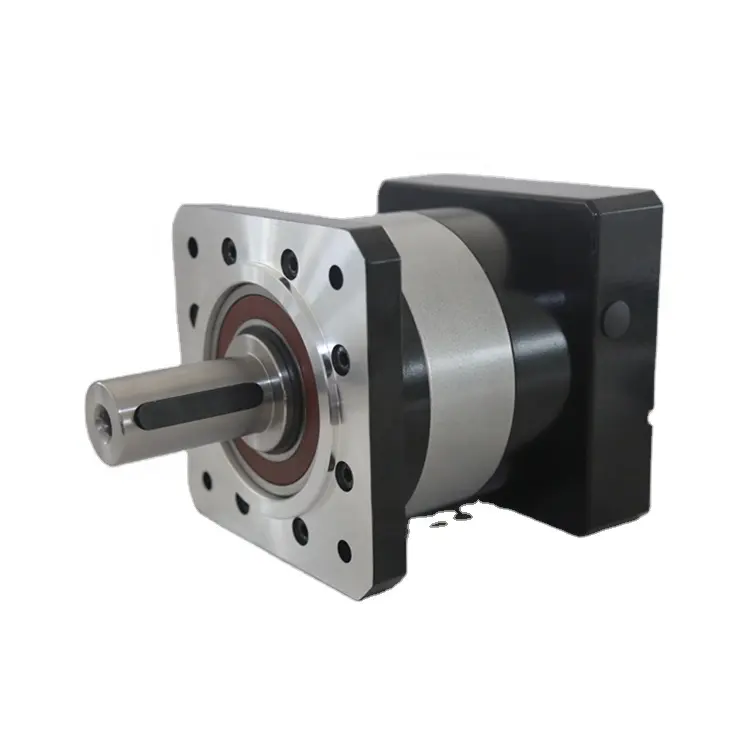
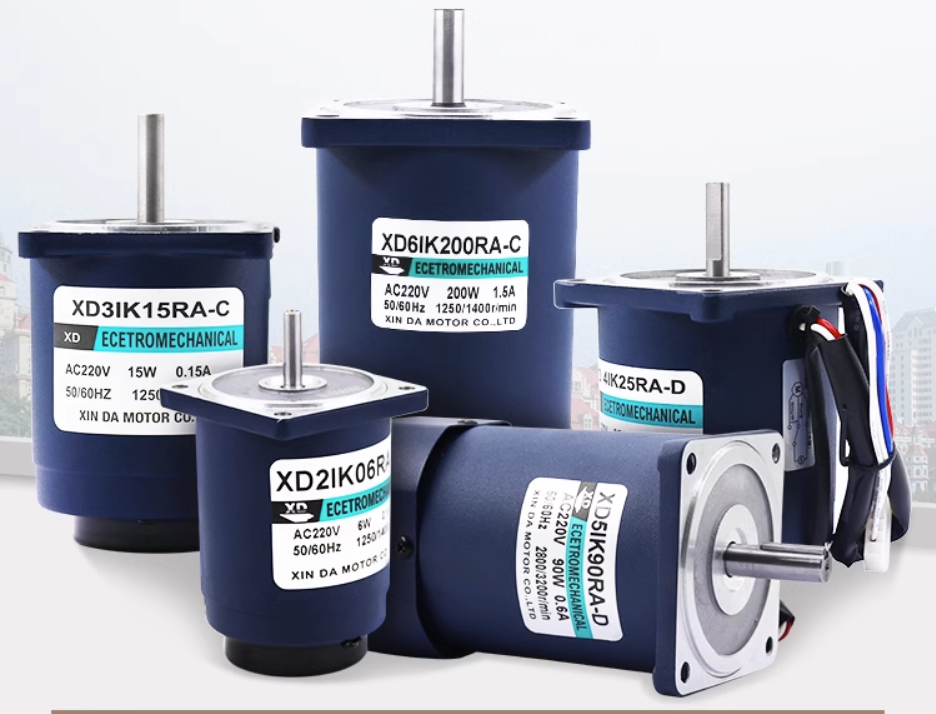


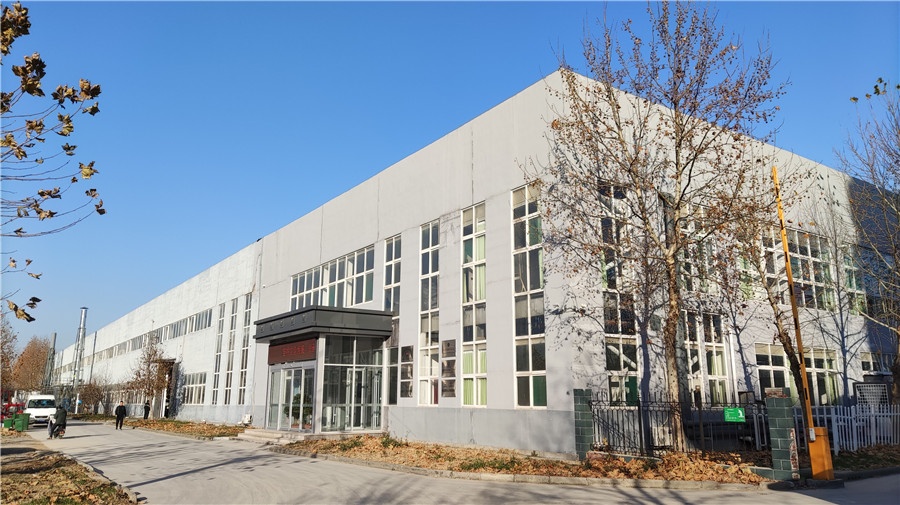
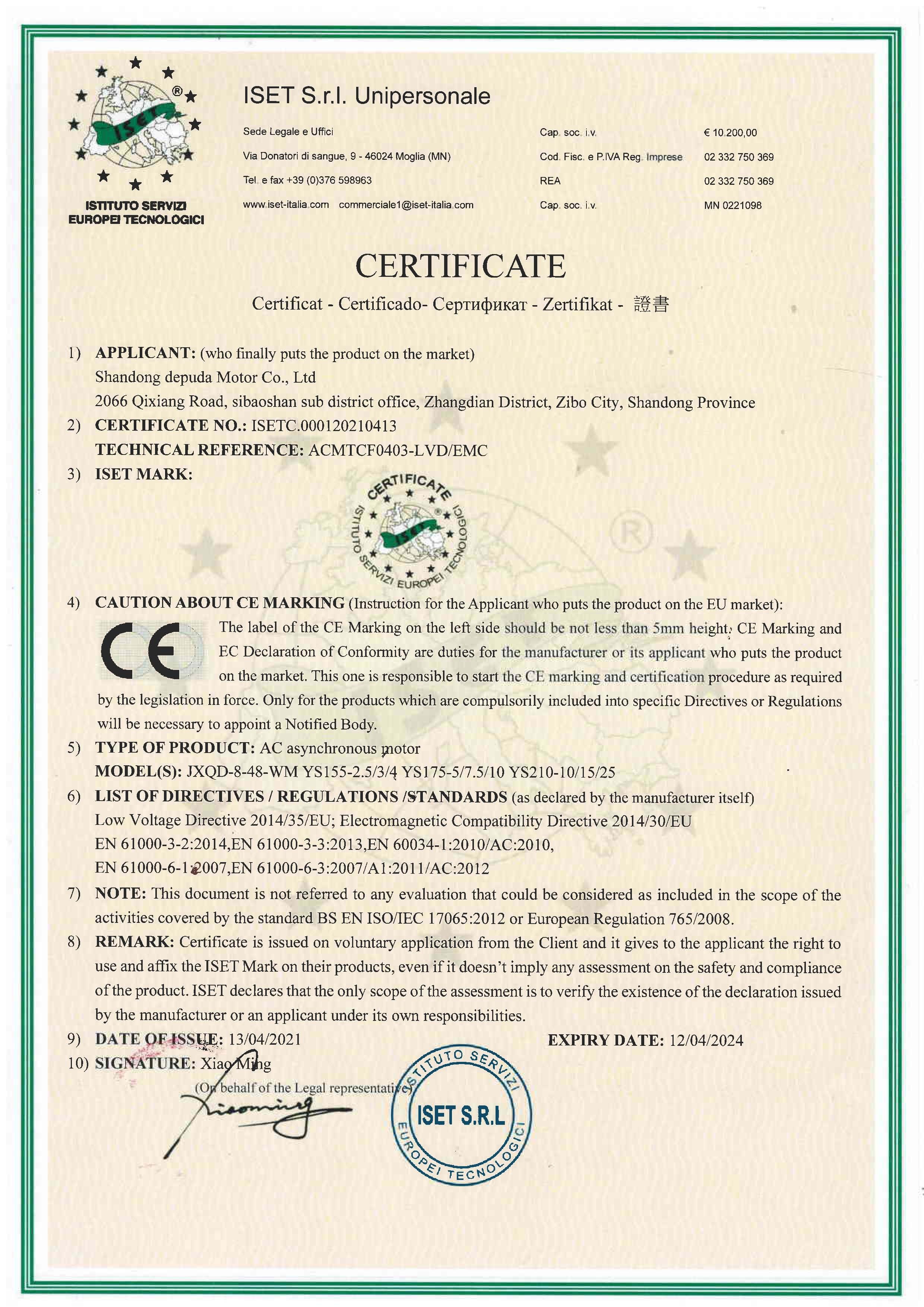
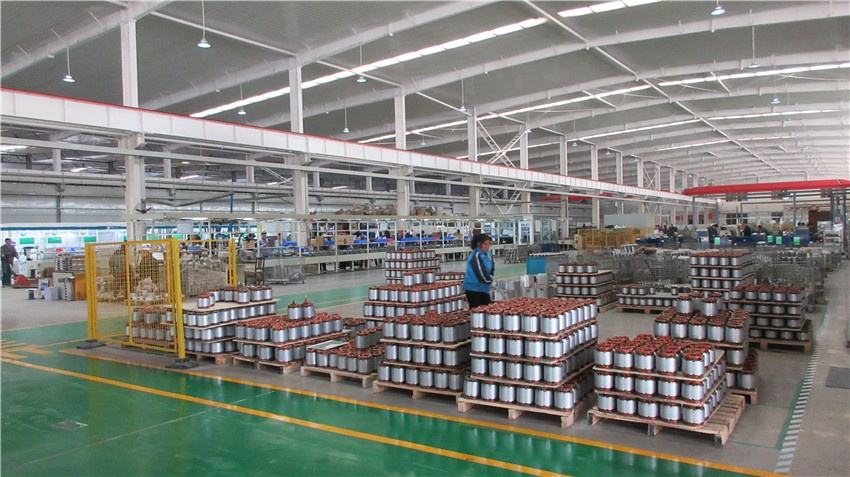
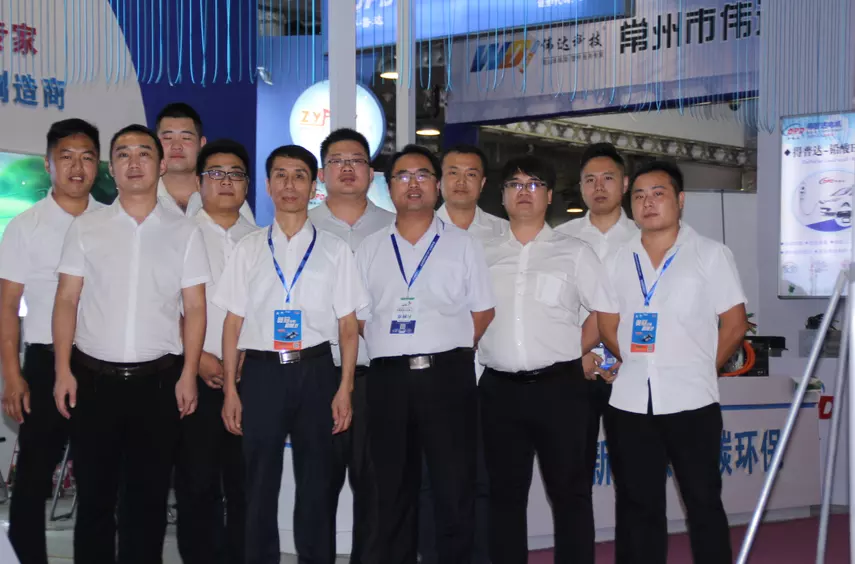


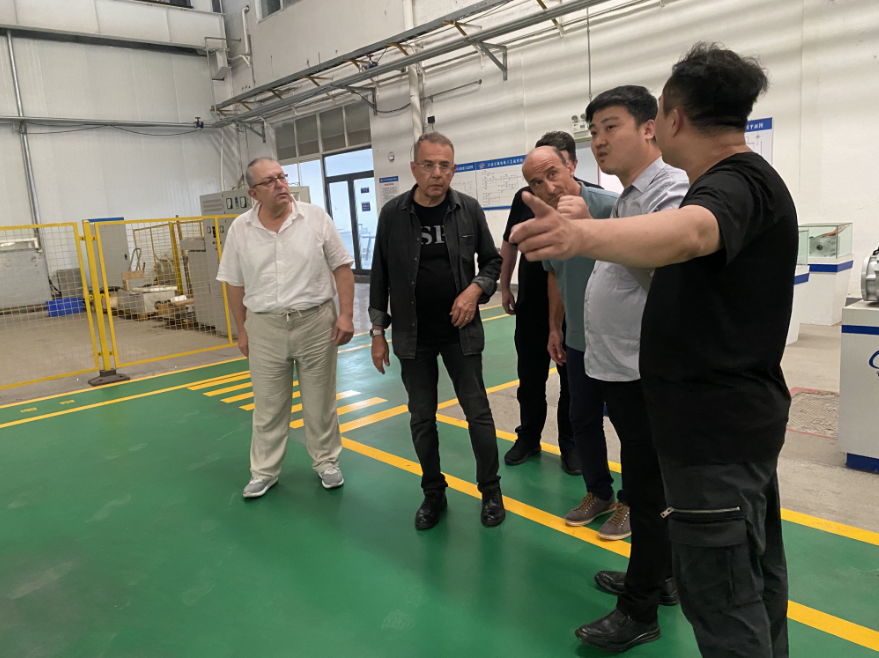
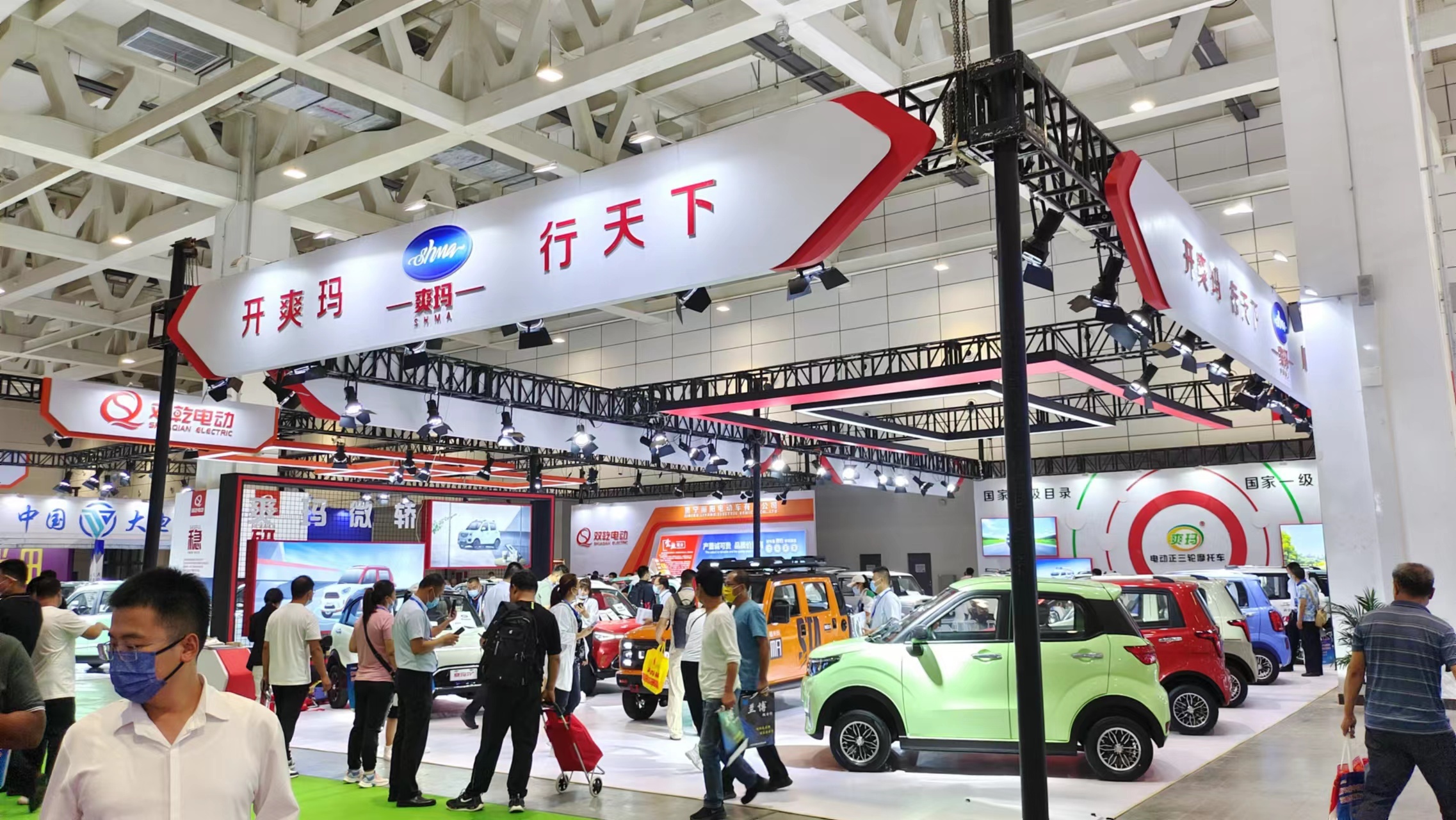


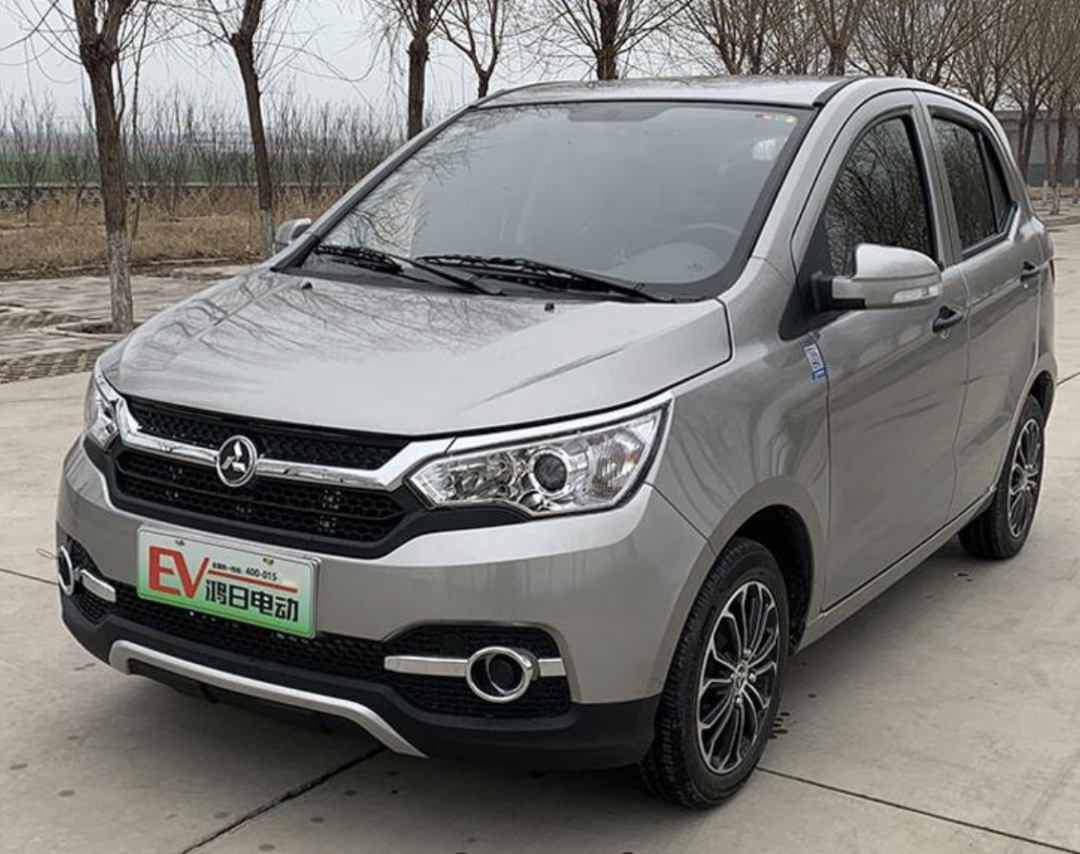
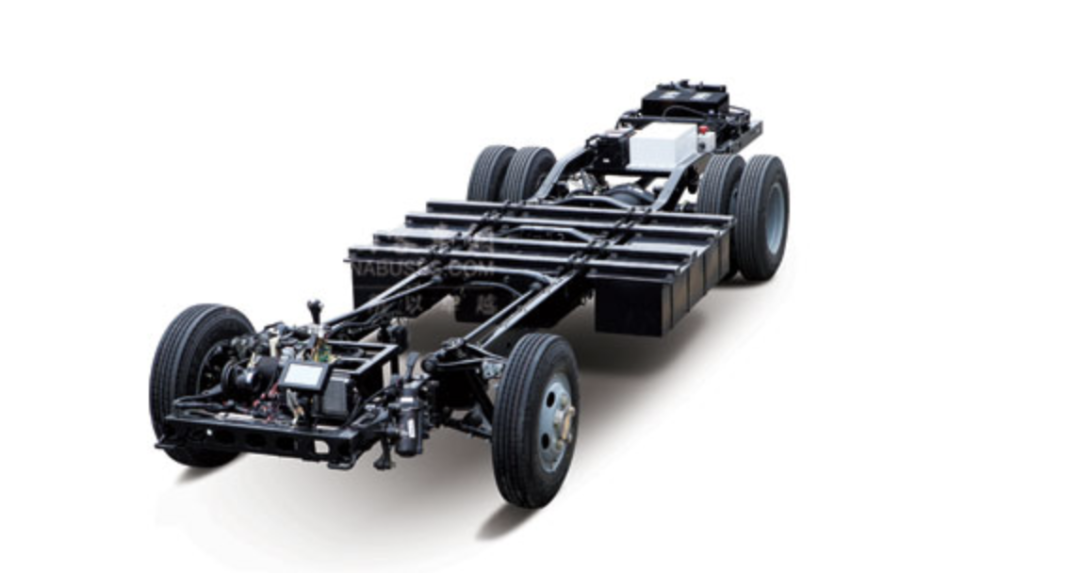
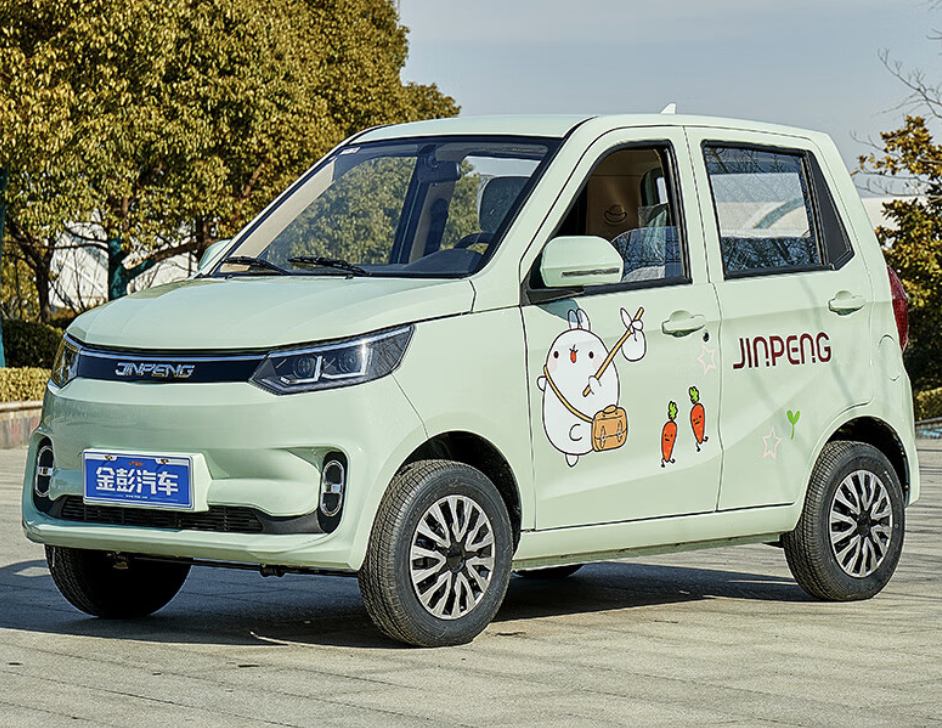
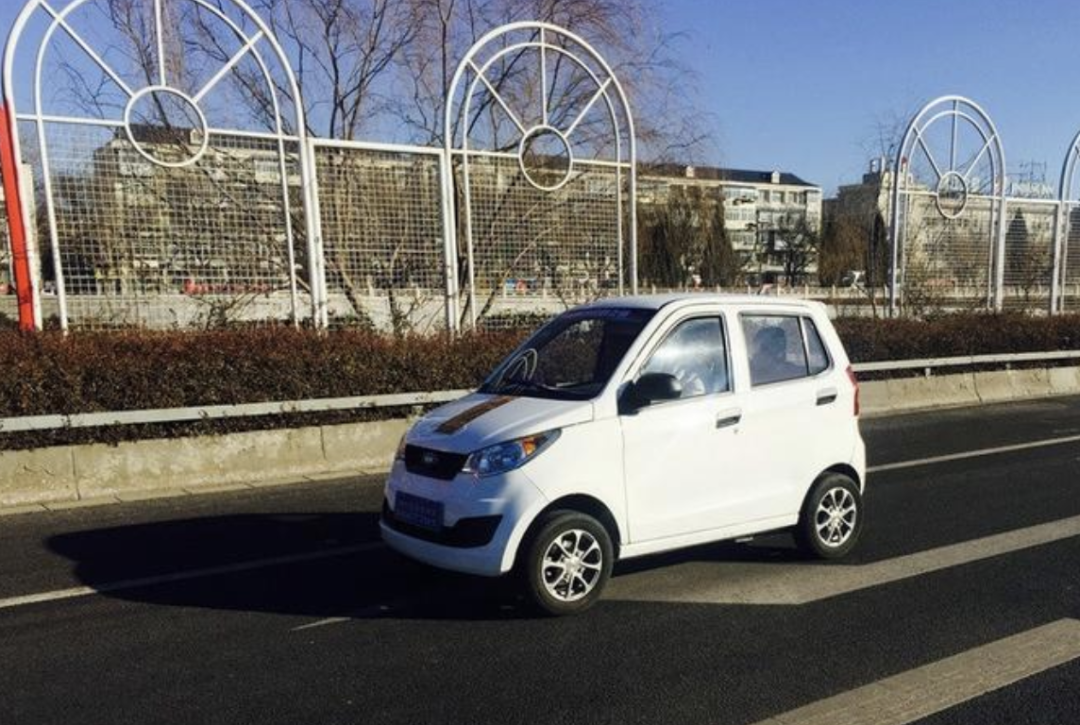
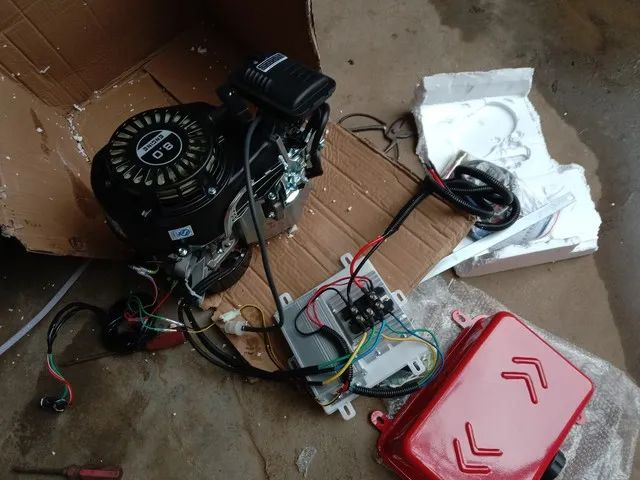
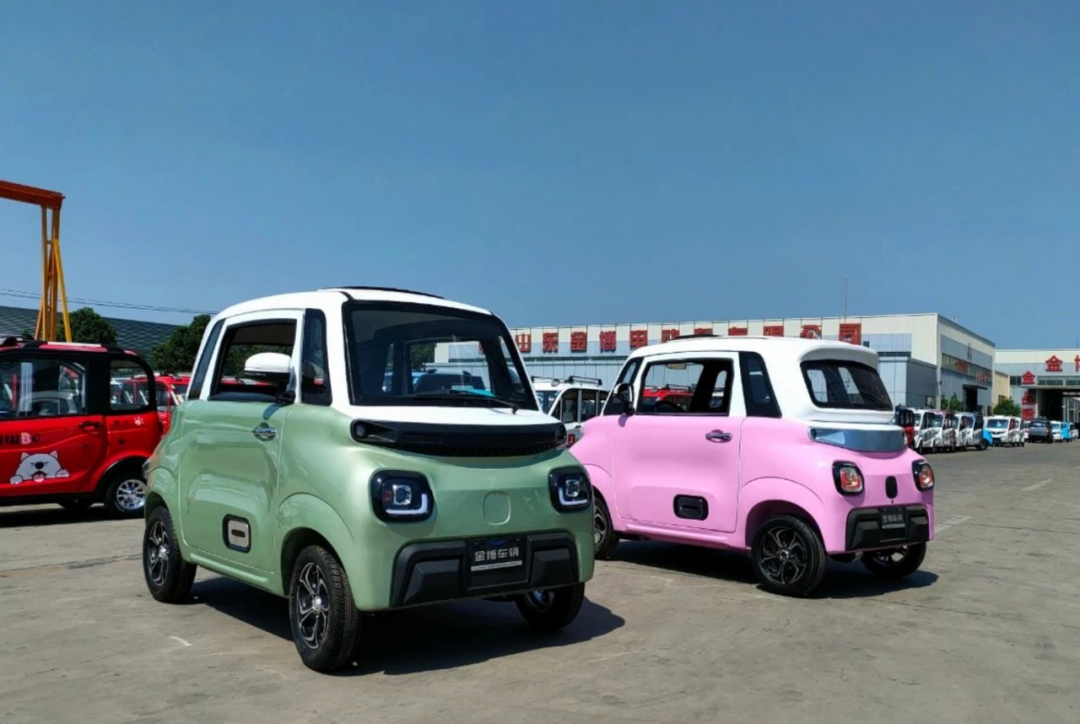
 XINDA
XINDA